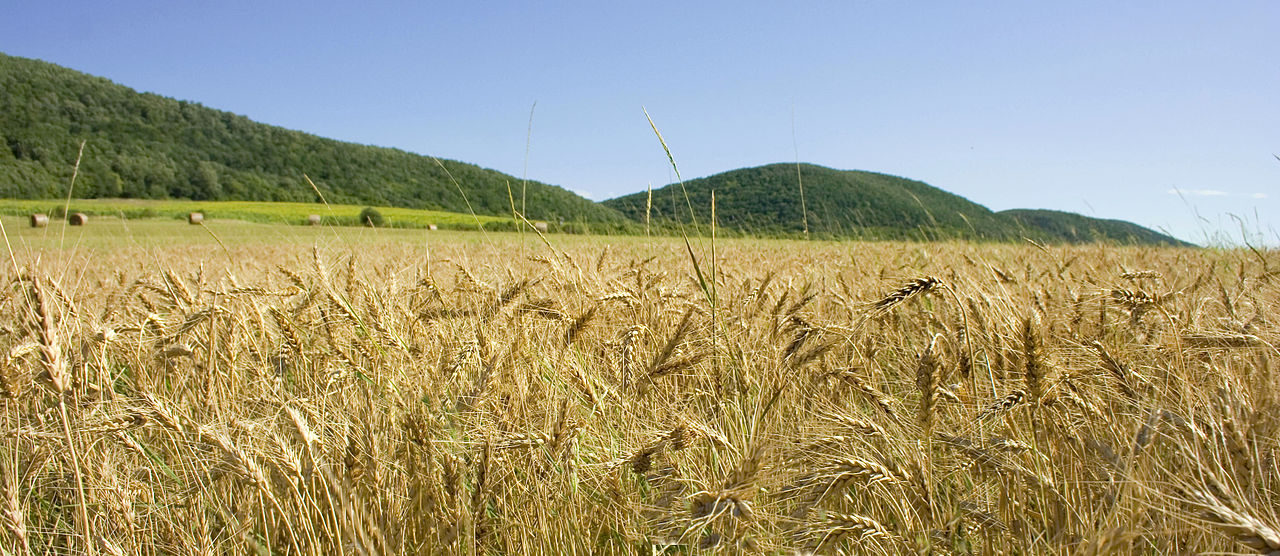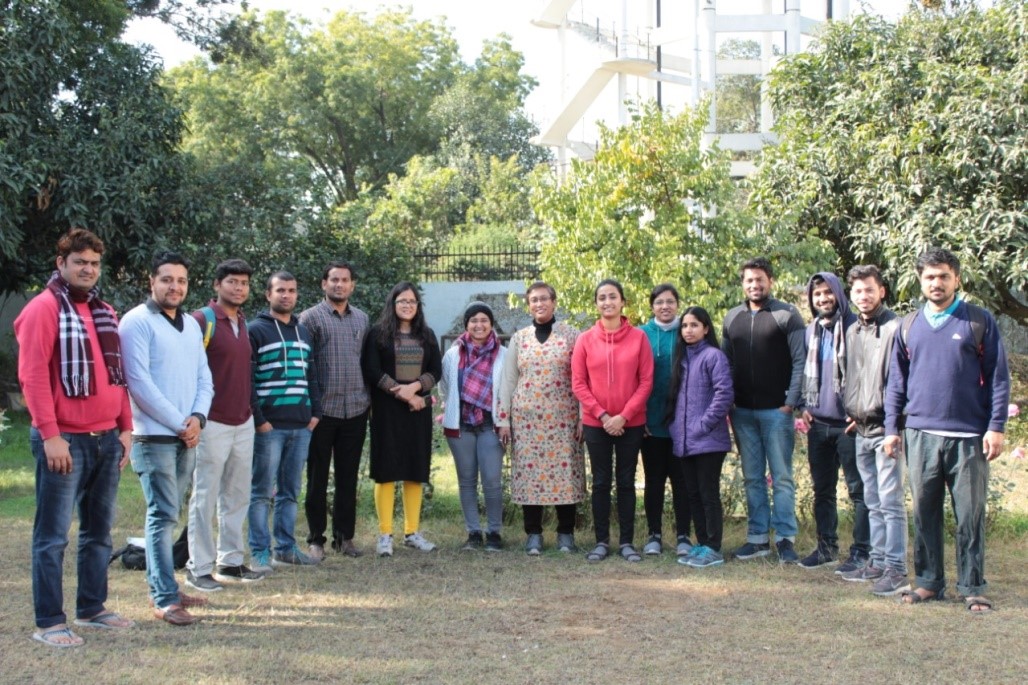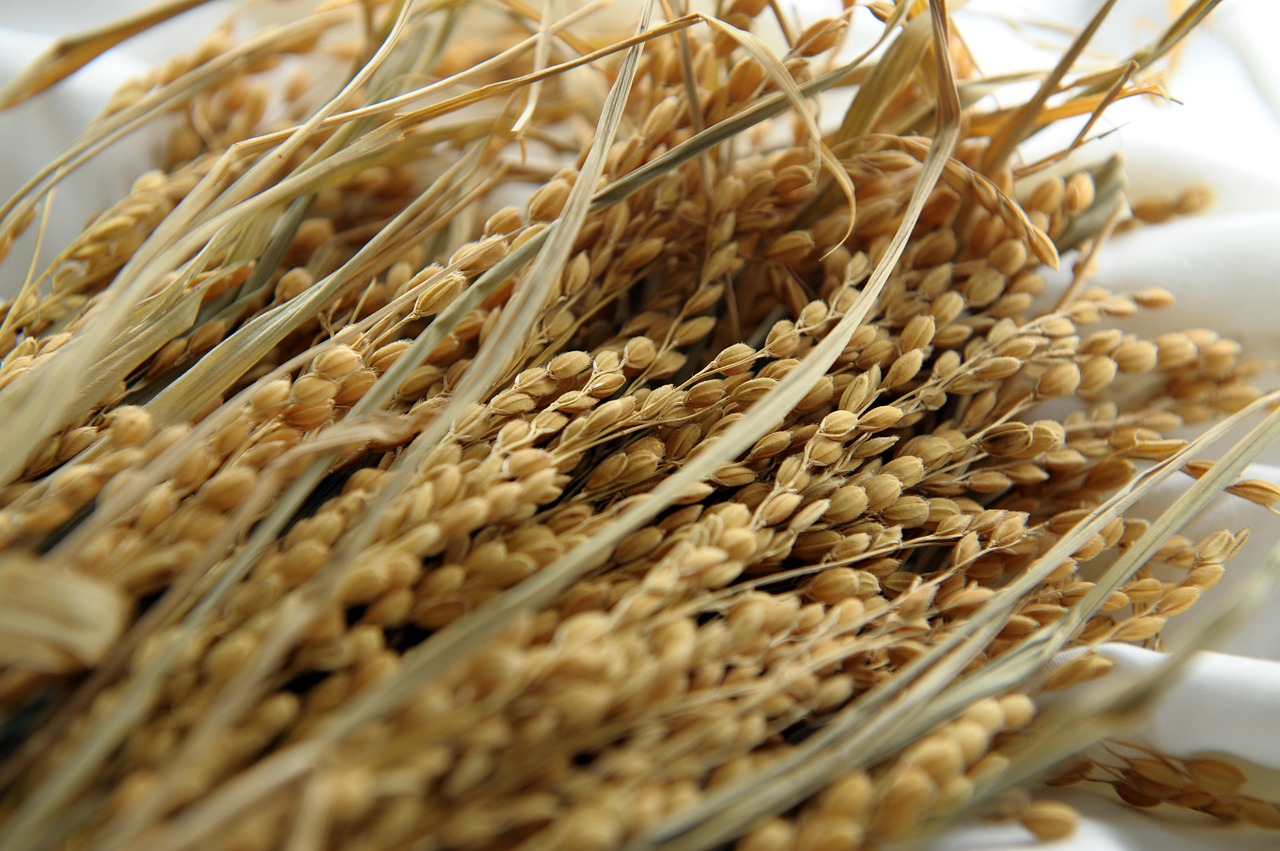Indian researchers have figured out how fungus Tilletia indica, which causes the Karnal Bunt disease in wheat, infects the crop. This may help them find a possible solution to the problem.
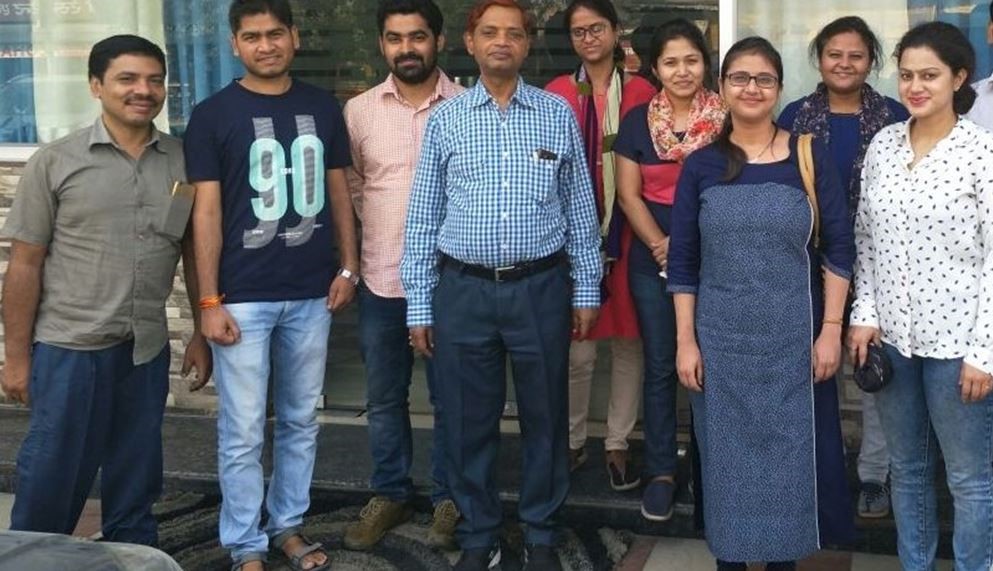
Researchers at G.B. Pant University of Agriculture and Technology, Pantnagar and Rani Lakshmi Bai Central Agriculture University, Jhansi have identified various proteins in the genetic make-up of the fungus which is responsible for damaging crops.
Karnal Bunt was first recorded in 1931 in Karnal. It not only reduces the yield but also the quality of grains as they start giving off foul fishy odor and taste. This makes grains unsuitable for human consumption. The disease also occurs in the United States, Mexico, South Africa, Nepal, Iraq, Iran, Pakistan, and Afghanistan. Currently, the disease is controlled by spraying the wheat crop with fungicides but they are not very effective.
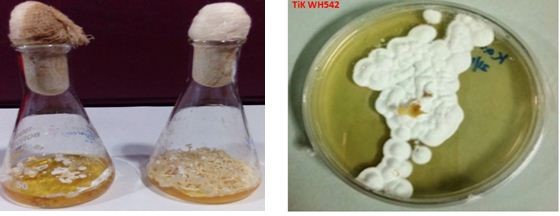
For developing disease-resistant wheat cultivars, it is necessary to know molecular mechanisms by which the fungus interacts with the wheat plant to cause the disease. Using high throughput proteomic and genomic analysis techniques, researchers have identified a total of 44 proteins that could be playing different roles in the development of the disease.
These proteins play roles such as suppression of host defense responses, degradation of the plant cell wall, adhesion of pathogen to host tissues and detoxification of host generated reactive oxygen species.
One of the proteins identified is malate dehydrogenase. It helps produce oxaloacetate, which is a precursor of oxalic acid, a key element in phytopathogenic fungi like Tilletia indica that makes them cause diseases.
Speaking to India Science Wire, leader of the team, Dr. Anil Kumar, said, “our findings provide molecular insights about the important fungal pathogen and could help in the development of effective disease management strategies of plant disease surveillance through molecular diagnostics and pathogen indexing program through molecular pathotyping”.
Besides him, the team comprised of Vishakha Pandey, Dinesh Pandey, Manoj Singh, and Atul Gupta. The research results have been published in the journal Scientific Reports. (India Science Wire)
Journal Article
If you liked this article, then please subscribe to our YouTube Channel for the latest Science & Tech news. You can also find us on Twitter & Facebook.
